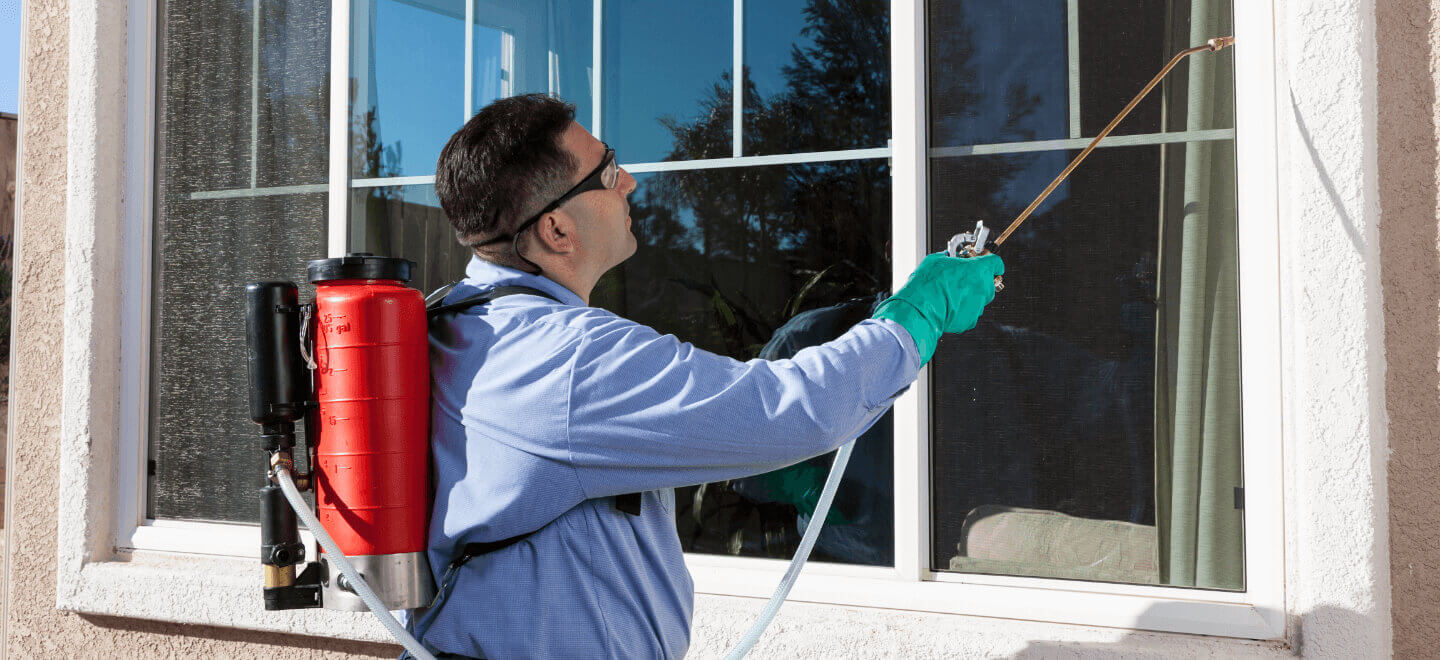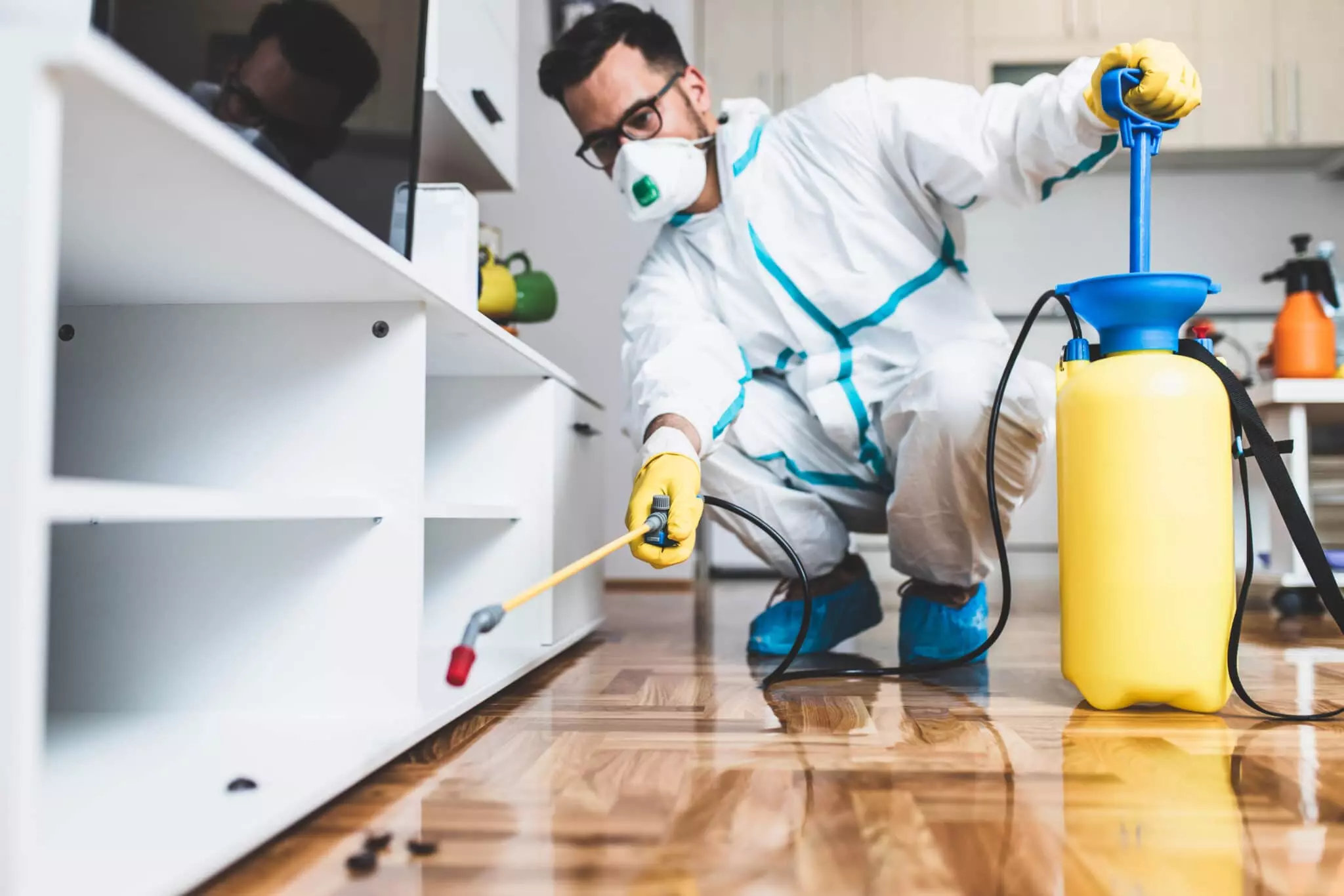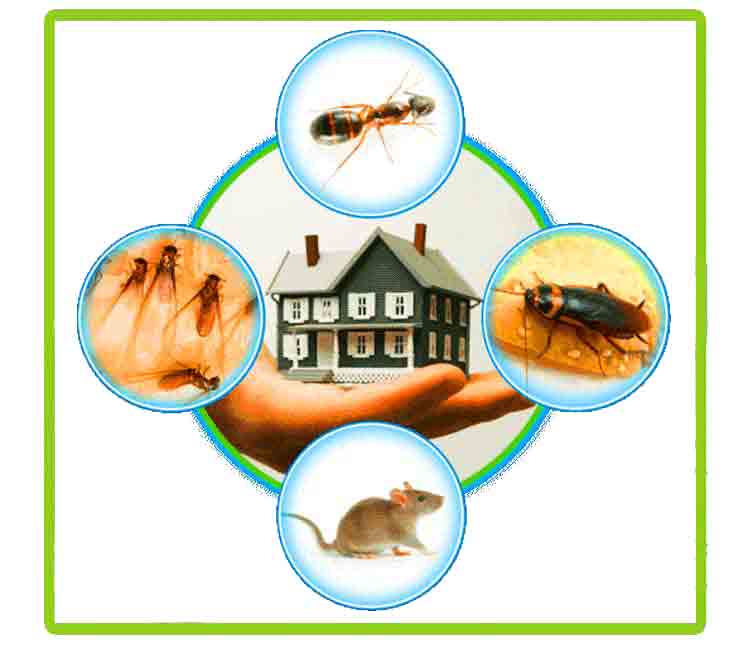Comprehensive Rodent Control Coquitlam Services for Peace of Mind
Comprehensive Rodent Control Coquitlam Services for Peace of Mind
Blog Article
Safe and Trusted Insect Control for Lasting Security
Reliable bug monitoring calls for a complex strategy that stabilizes environmental integrity with the need for effective parasite reductions. The nuances of these methods may not be right away clear, triggering a closer examination of the techniques that can lead to sustainable pest control results.
Comprehending Pest Control Approaches
Bug control includes a selection of approaches intended at handling and removing unwanted pests and rodents that can threaten both wellness and residential or commercial property. Recognizing these techniques is important for effective parasite administration.
The primary classifications of pest control approaches include mechanical, biological, and chemical methods. Mechanical methods entail physical barriers and traps to avoid bug entrance and capture unwanted varieties. Utilizing displays on home windows or utilizing sticky traps can dramatically reduce insect populaces without presenting harmful compounds - exterminator coquitlam.

Chemical insect control is often the most acknowledged technique, utilizing pesticides to eliminate insects. These chemicals can be effective but should be made use of with care to stay clear of adverse results on non-target varieties and the setting.
Advantages of Eco-Friendly Solutions
How can environmentally friendly solutions transform parasite control methods? The adoption of eco-friendly bug control methods uses numerous benefits, significantly boosting the efficiency and safety and security of insect monitoring.

One more advantage is the favorable influence on neighborhood biodiversity. Green remedies are created to target specific bugs while maintaining beneficial insects and wild animals, advertising a well balanced ecosystem. This approach aligns with the growing consumer need for lasting techniques, boosting the reputation of pest control providers.
Integrated Insect Monitoring Approaches
The execution of eco-friendly solutions naturally leads to the fostering of Integrated Parasite Management (IPM) strategies, which further enhance parasite control effectiveness. IPM is an all natural approach that incorporates multiple techniques to take care of pest populations while lessening ecological effect. This technique emphasizes making use of organic, cultural, mechanical, and chemical controls, guaranteeing a balanced and sustainable approach of parasite administration.
One essential element of IPM is the complete evaluation of pest activity and ecological problems. By keeping an eye on insect populaces and determining their life cycles, practitioners can apply targeted interventions that interfere with the bug's habitat or lifecycle, lowering reliance on chemical pesticides. Additionally, social practices such as plant rotation and habitat adjustment can considerably diminish parasite establishment and reproduction.
One more important component is the usage of biological control representatives, such as useful insects or microorganisms, which can naturally subdue pest populations. When chemical applications are essential, IPM prioritizes making use of low-risk pesticides and applies them uniquely, minimizing exposure to non-target microorganisms and humans.
Including IPM approaches not just enhances parasite control effectiveness however additionally advertises a safer community, aligning with the expanding demand for lasting practices in pest monitoring.
Safe Practices for Property Owners
Comprehending the importance of safe practices in bug control can encourage house owners to successfully take care of pest issues while protecting their health and wellness and the atmosphere. Applying non-toxic methods and precautionary procedures is critical in minimizing exposure to harmful chemicals.
House owners ought to first assess their setting for problems that draw in pests, such as standing mess, food, and water waste. Routinely cleaning and securing access factors can hinder insects from attacking the home. Using natural deterrents, such as essential oils or diatomaceous planet, can provide reliable alternatives to chemical pesticides.
When chemical treatments try this are necessary, homeowners must opt for items that are especially identified as risk-free for residential usage. It is necessary to comply with application guidelines carefully to prevent too much exposure. Moreover, using targeted treatments in areas where bugs are identified, instead than blanket spraying, can considerably reduce chemical use.
Finally, keeping open communication with bug control professionals is crucial. Property owners need to inquire regarding the safety and security of items made use of and request environmentally friendly alternatives whenever possible. By adopting these risk-free techniques, property owners can develop a healthier living atmosphere while efficiently taking care of insect problems.

Tips for Long-Term Defense
Developing a bug monitoring approach that highlights long-term security can considerably enhance the effectiveness of the risk-free methods previously gone over. To attain this, homeowners should apply normal inspections of their property, concentrating on concealed locations such as attic rooms, cellars, and crawl spaces. Early detection of insect activity is vital in protecting against problems from holding.
These methods reduce attractants that attract insects right into the home. Sealing access factors, such as cracks around home windows and doors, can effectively obstruct potential parasite gain access to.
Landscaping must also be considered; keeping plants cut and preserving a range between plant life and the home reduces concealing places for insects. Making use of natural deterrents, such as crucial oils or diatomaceous earth, can better dissuade problems without resorting to severe chemicals.
Lastly, working together with a professional bug control solution for periodic analyses can provide an additional layer of protection. These professionals can supply tailored referrals and progressed treatments, making sure that your home remains safeguarded against insects in the lengthy term.
Conclusion
To conclude, safe and trusted parasite control requires a diverse technique that stresses environmentally friendly techniques and incorporated parasite management. By carrying out all-natural deterrents, carrying more information out routine assessments, and keeping correct hygiene, home proprietors can substantially reduce parasite populaces while protecting useful bugs and the atmosphere. Partnership with certified pest control specialist bug control solutions improves the efficiency of these methods, making sure customized services that provide lasting protection and assurance versus future problems.
Reliable bug administration needs a multifaceted approach that balances eco-friendly honesty with the requirement for effective pest reductions. The fostering of environmentally friendly insect control methods supplies countless benefits, considerably enhancing the performance and security of parasite administration.The implementation of environment-friendly remedies normally leads to the adoption of Integrated Parasite Administration (IPM) methods, which additionally enhance parasite control effectiveness. exterminator coquitlam. By keeping track of pest populaces and identifying their life cycles, experts can implement targeted interventions that interfere with the bug's habitat or lifecycle, minimizing reliance on chemical pesticides.In verdict, trusted and safe bug control requires a diverse approach that highlights eco-friendly techniques and incorporated insect monitoring
Report this page